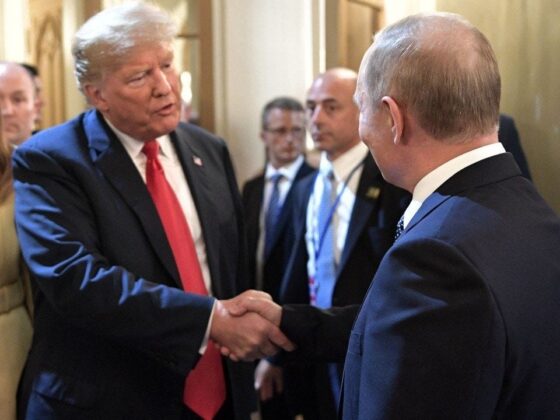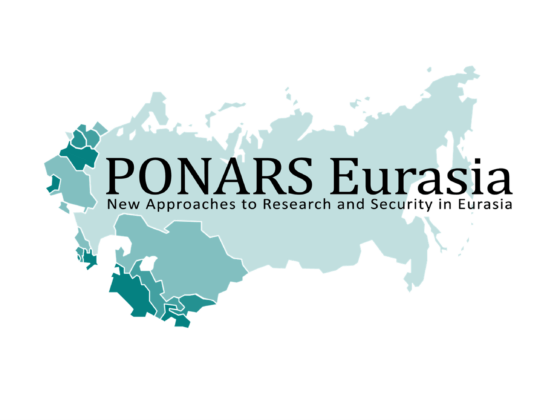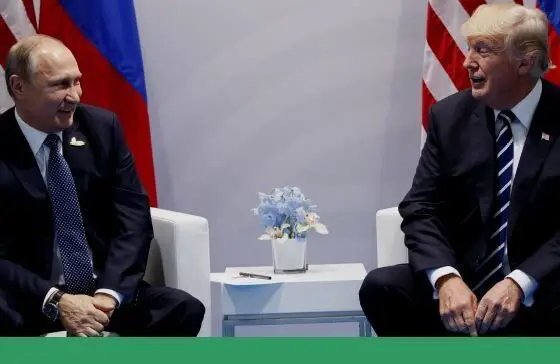By Silviya Nitsova, University of North Carolina at Chapel Hill, Grigore Pop-Eleches, Princeton University, and Graeme Robertson, University of North Carolina at Chapel Hill.
In February 2014, Ukraine grabbed the world’s attention with its second revolution in a decade. The corrupt and increasingly authoritarian administration of President Viktor Yanukovych was overthrown. After the revolution, Ukraine embarked upon a wide-ranging series of economic and governance reforms. In this volume, we assess the progress of these reforms and analyze the main factors that explain the successes and failures we see. Rather than attempt a comprehensive review of all areas of reform, we focus on a number of key areas—economic reform, governance and anti-corruption, security and criminal justice and language policy. Each of these areas is of fundamental importance for the development of Ukraine as a prosperous, independent and democratic state and so is worthy of attention in its own right. However, by focusing on these areas in particular, we also observe variation in the extent of the progress that has been made, allowing us to understand the key factors that have either driven reform forward or hindered it.
We discuss the progress and challenges in each area. In each policy domain, there have been difficulties that reformers have struggled to overcome and many challenges remain. In no single policy domain that we analyze here has the promise of the revolution been fully and irreversibly realized. Nevertheless, there are areas, notably in economic reforms and governance and anti-corruption, where substantial progress has undeniably been made and the environment has been transformed compared to before the revolution. However, progress in the areas of security and criminal justice and language policy is much less clear.
The key to understanding patterns of relative success and failure, we argue, lies in understanding the interaction between Ukrainian civil society and the international community. We develop the idea of the “sandwich model” in which domestic civil society plays a crucial role in elaborating policy ideas and in policing progress in implementation, while the international community presses an often reluctant political elite into adopting reforms. The most progress in reforms has been made where cooperation between domestic civil society and international actors has been close and well-coordinated. In other areas, progress has been more limited. The “sandwich model” represents a new way of understanding how international and domestic actors can contribute to reform in a context where neither the government nor the opposition are unambiguously supportive of essential reforms. Unfortunately, the conditions for success of the “sandwich” are rather stringent and rare. As a result, the battle for reform in Ukraine goes on and is far from won.











